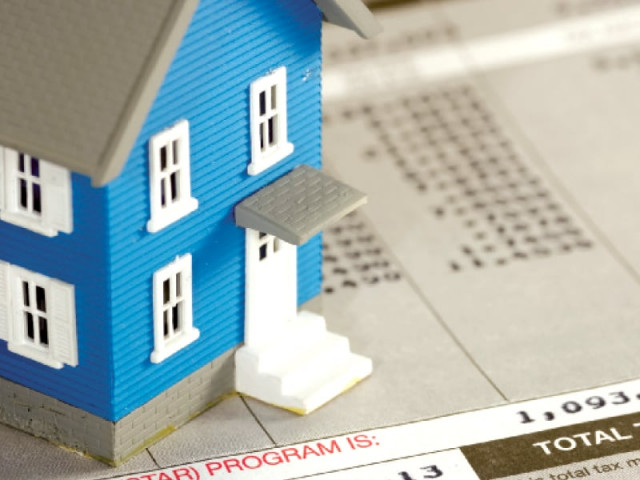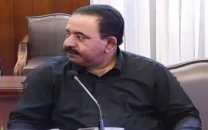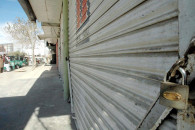Sindh govt plans to devolve property tax collection to DMCs
World Bank proposes two-phase programme for tax devolution

PHOTO: FILE
Chief Minister Murad Ali Shah made this decision on Thursday during a meeting with a World Bank team comprising economist Yoonhee Kim, urban development specialist Shoaib Athar and Takaaki Masaki, public sector specialist Irum Touqeer and others.
The CM was assisted by Local Government Minister Jam Khan Shoro, Karachi Mayor Wasim Akhtar, Principal Secretary to the CM Sohail Rajput, Excise Secretary Haleem Shaikh, DMC chaipersons and others.
Shah informed the World Bank delegation about the new property survey in Sukkur. According to the old survey, there were only 35,000 households registered for property tax but the fresh survey revealed a figure of 65,000 houses on which property tax should be levied, the meeting was told.
Govt moves to boost real estate, but stakeholders remain unimpressed
The World Bank team said the current collection of property tax in Sindh was Rs2 billion, whereas there was potential to collect Rs7.2 billion in taxes.
Citing examples from India, the team said Chennai collected $90 million in property tax in 2015-16, Indian Hyderabad collected $179 million, Bangalore collected $201 million and Mumbai collected $373 million. "These figures are enough to assess how much Karachi can collect in property tax," the World Bank delegation said.
It was pointed out during the meeting that the management of property tax was based on old system, which needed to be replaced. The World Bank delegation explained that a self-assessment and self-payment platform for property tax customers was the need of the hour.
The delegation suggested to the CM that urban immovable property tax (UIPT) be devolved to the DMCs. To this, the CM said the local bodies of Karachi did not yet have the capacity to administer the UIPT collection. He mentioned that the local bodies did not have staff trained in property tax laws and procedures and also lacked the required technology.
SC-constituted committee proposes offshore tax amnesty scheme
The provincial government agreed to take measures for the capacity building of local bodies regarding property tax collection within the next three months.
The bank also suggested that the devolution of property tax be carried out in two phases. In the first phase, which would end in June 2020, property survey would be completed along with the preparation of a database. Steps would also be taken in this phase to train the DMC staff.
In the second phase, which would end on June 2023, legal reforms would be introduced for the self-assessment and self-payment system. A valuation methodology would also be prepared along with a system for exemption and relief during this phase.
It was decided to conduct a complete survey of all the buildings in the six DMCs of Karachi for the collection of qualitative and quantitative data of each building.
It was also decided to establish an IT Revenue Management System for DMCs. The DMC staff would be provided training in the new system before the survey.
The CM directed the excise and taxation department to identify changes that were needed in the law to support the new revenue management system.



















COMMENTS
Comments are moderated and generally will be posted if they are on-topic and not abusive.
For more information, please see our Comments FAQ